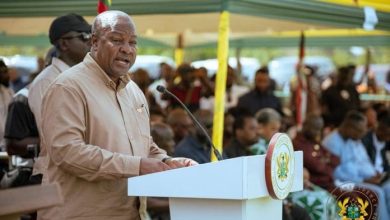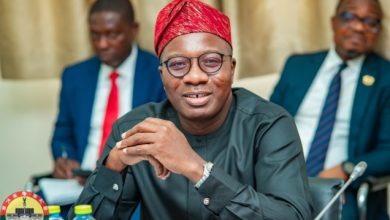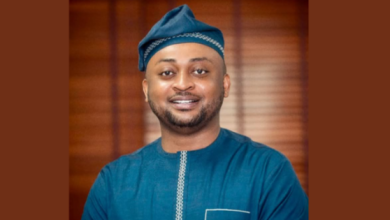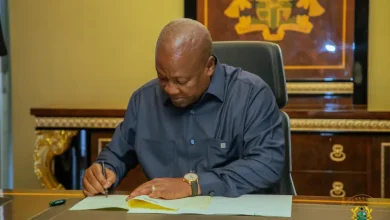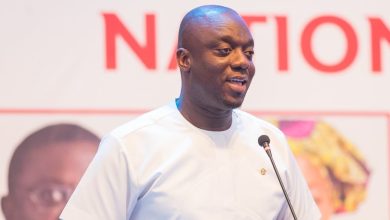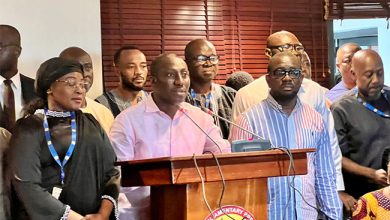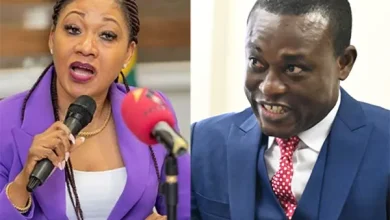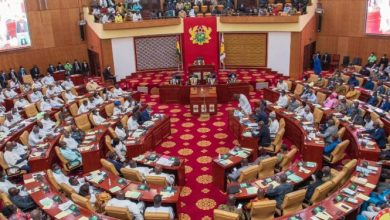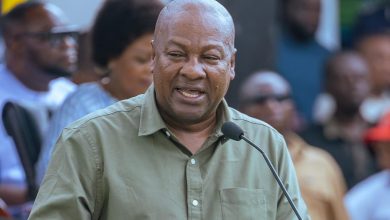Speaker sets up 9-member committee to probe UT Bank and uniBank collapse
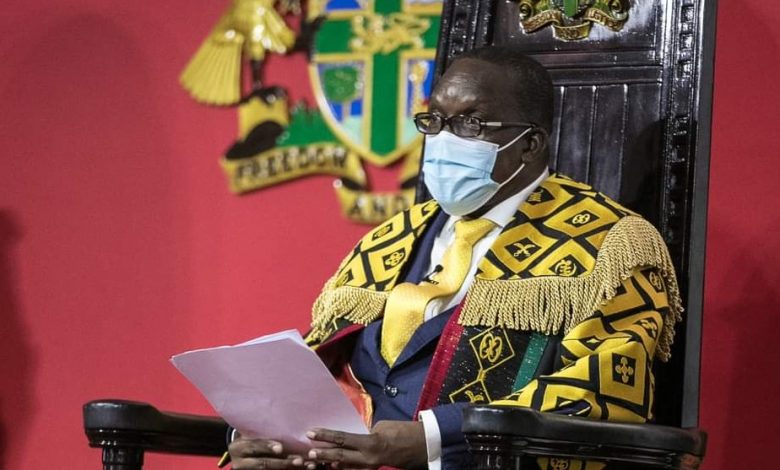
The Speaker of Parliament, Mr Alban Sumana Kingsford Bagbin, has set up a nine-member committee to probe the petition sent to Parliament by the founders of UT Bank and uniBank Ghana Limited over the collapse of their banks.
The committee, chaired by the First Deputy Speaker, Mr Joseph Osei-Owusu, is to commence its probe into the petition while Parliament is on recess.
The committee is expected to submit its report to the House at the commencement of the second meeting of the second session of the eighth Parliament on May 18, 2021.
Members of committee
The other members of the committee are the Deputy Majority Leader, Mr Alexander Afenyo-Markin; the New Patriotic Party (NPP) MP for Essikado, Mr Joe Ghartey; the NPP MP for Okaikwei Central, Mr Patrick Yaw Boamah and the NPP Abuakwa South, Mr Samuel Atta-Akyea.
The others are the Deputy Minority Leader, Mr James Klutse Avedzi; the NDC MP for Ajumako-Enyan-Esiam, Dr Cassiel Ato Forson; the NDC MP for Bolgatanga Central, Mr Isaac Adongo and the NDC MP for Techiman North, Mrs Elizabeth Ofosu-Adjare.
Petition
The NDC MP for Bawku Mahama Ayariga officially presented a petition on the matter from two major stakeholders in the collapse of the two banks—Mr Prince Kofi Amoabeng and Dr Kwabena Duffour of the UT Bank and uniBank respectively, on the floor of Parliament.
On March 22, 2021, when the petition was laid before the House, a number of Members of Parliament from the Majority side, including the Majority Leader, Mr Osei Kyei-Mensah-Bonsu, raised objections as to the appropriateness of the procedure adopted by the Speaker in admitting the petition. They also question the reasons by the Speaker to allow the House to consider the petition since the cases involving the two banks were pending in court.
What are the two seeking?
Per the petition, the two personalities are appealing to Parliament to investigate the conduct of the Bank of Ghana (BoG) for the revocation of the licenses of the bank in 2018.
They claim that the central bank revoked the licenses of the two banks without due regard to the rules of Administrative Justice guaranteed under Article 23 of the Constitution.
They, therefore, want Parliament to direct the restoration of the banking licenses and remedying of the harm done the shareholders’ property rights as a result of the conduct of the central bank, as well as give any other directive the House may deem appropriate.
For Mr Amoabeng, he wants Parliament to investigate the conduct of the Ghana Stock Exchange for delisting the bank without regard to the rules of Administrative Justice guaranteed under article 23 of the Constitution.
In the case of Dr Duffour, he wants Parliament to investigate the conduct of the BoG in the takeover, appointment of an official administrator of uniBank Ghana Limited and the circumstances surrounding the revocation of the banking license of the bank.
He also wants Parliament to give other directives that Parliament may deem appropriate, according to the petition.
Ruling
Considering the varied opinions on the matter of whether or not the House could debate the matter, the Speaker ruled that admitting the petition did not amount to overstepping boundaries into the areas of interfering with the procedures of the court.
Citing precedence and practices in references to several portions of the Standing Orders of Parliament in Ghana, as well as other examples of similar nature from United Kingdom, India, Canada, among others, Mr Bagbin ruled that this only goes to strengthen the constitutional mandate of Parliament and does not in any way interfere with the case being heard in court.
The Speaker answered two main questions in the delivery of his verdict on whether the procedure adopted by the Speaker in admitting and permitting the laying of the petitions were valued within the rules of the Standing Orders of Parliament and whether Parliament might consider a petition which contained similar or same facts pending in a suit before a court of competent jurisdiction – the Sub Judice rule.
He ruled that “An order by the Speaker that a member lays a petition which may contain facts which relate to a matter pending before a Court on the table without question being put does not ab initio contravene the rule on sub judice.”
“A blanket rule that any matter which is sub judice cannot be referenced during a motion, debate, question or petition, irrespective of how it is referenced, is likely to unduly restrain Parliament’s constitutional right to discuss or inquire into any public matter this will be imposing restrictions which is clearly against the letter and spirit of Order 2 of the Standing Orders,” he said.
Source: Graphic.com.gh


